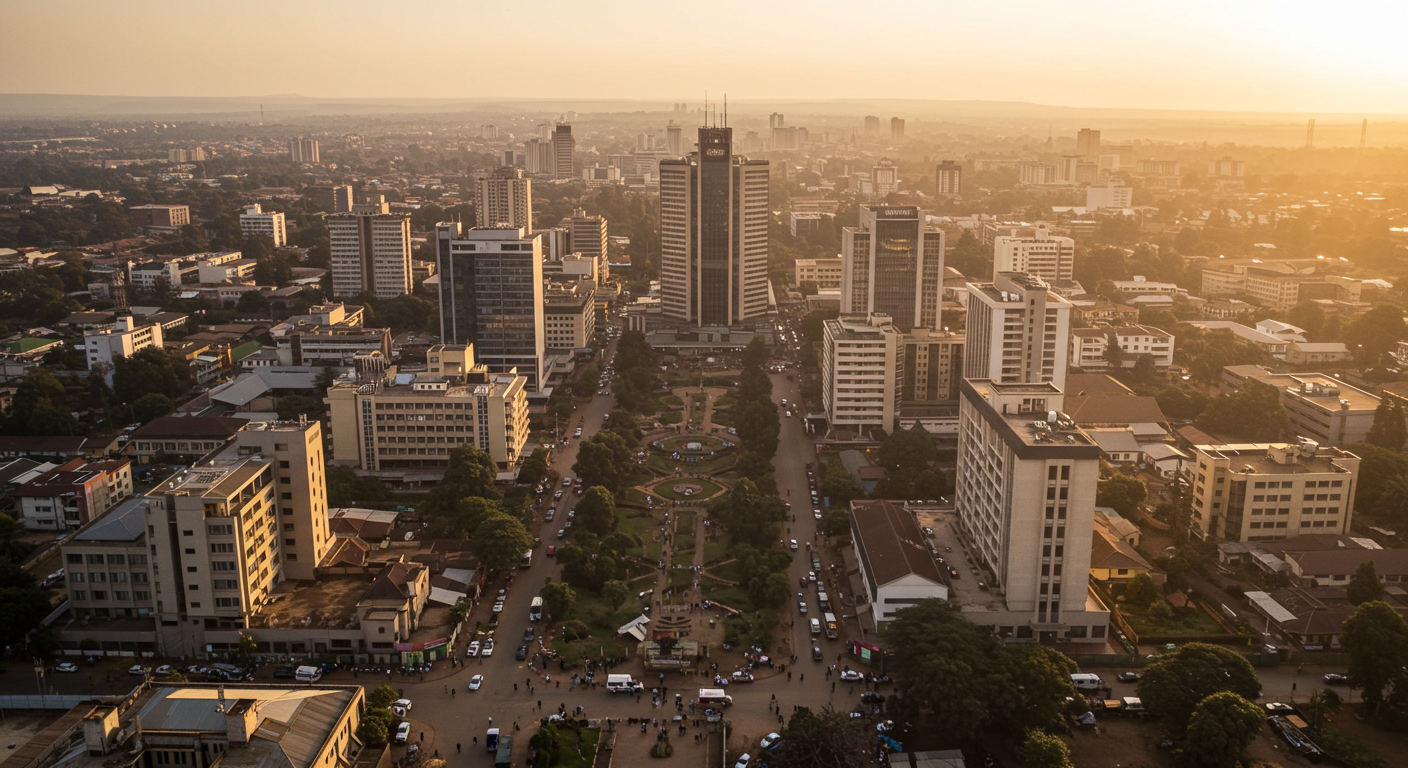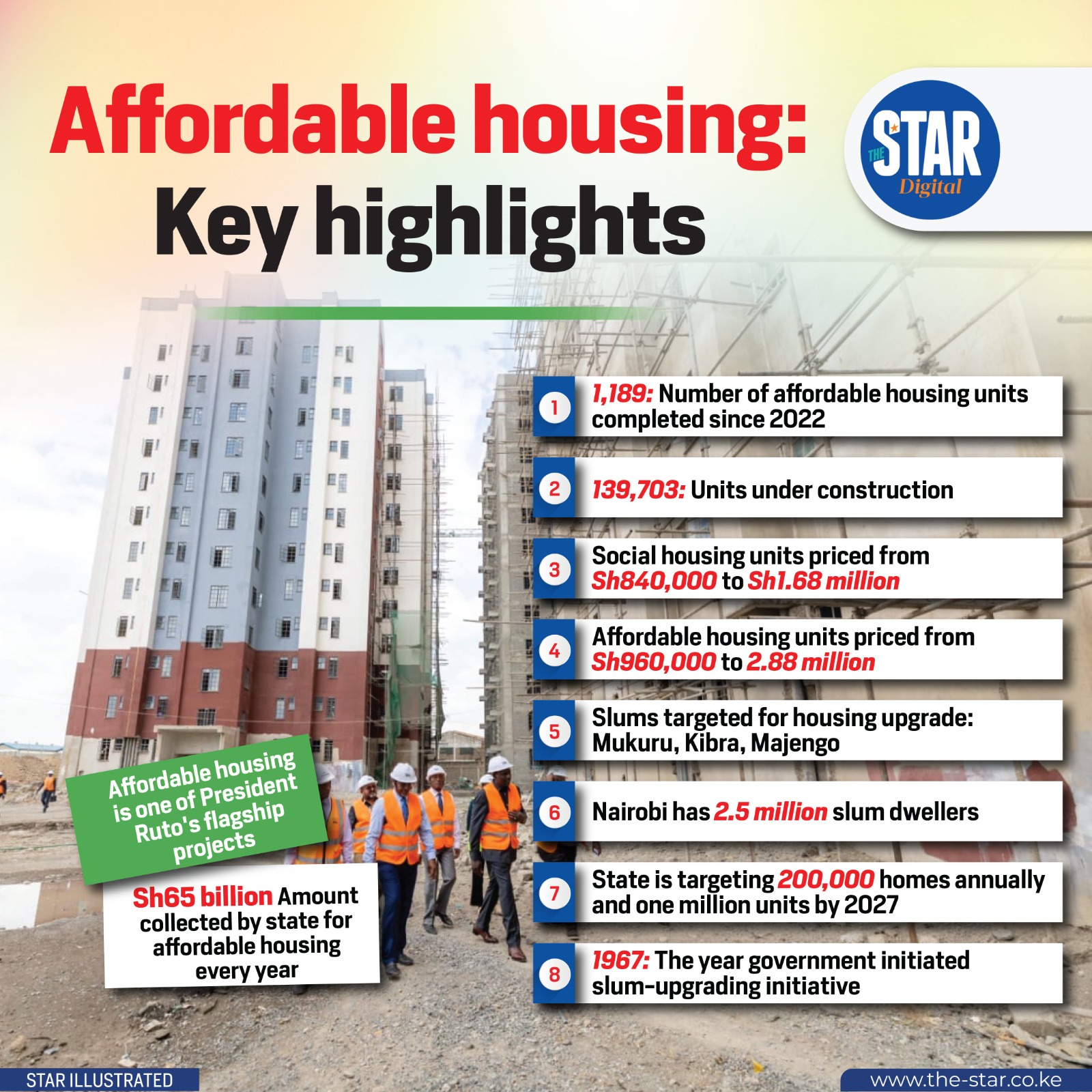Nairobi, as the economic hub of East Africa, has always been at the forefront of commercial **real estate in Kenya**. However, the global shifts accelerated by the recent pandemic have profoundly impacted the sector, prompting a significant evolution in demand, design, and investment strategies. Businesses are rethinking their spatial needs, leading to new opportunities for savvy investors and developers. At **Vineyard Properties**, we closely monitor these trends to guide you through the dynamic landscape of Nairobi's commercial property market.
1. The Hybrid Work Model and Office Space Adaptation
The most significant shift in commercial **real estate in Kenya**, particularly in Nairobi, has been the adoption of hybrid work models. Many companies are moving away from traditional, large office footprints towards more flexible arrangements. This has led to:
- **Demand for Flexible Workspaces:** Co-working spaces, serviced offices, and adaptable layouts that can accommodate fluctuating team sizes are gaining traction.
- **Focus on Collaboration and Amenities:** Offices are transforming into hubs for collaboration, innovation, and employee well-being, emphasizing amenities like cafeterias, gyms, and green spaces.
- **Suburbanization of Offices:** Some companies are considering smaller satellite offices in peri-urban areas to reduce commute times for employees, impacting **real estate in Kenya** outside the CBD.
Developers are responding by designing more agile and appealing office environments, moving beyond mere square footage to deliver value-added spaces.
2. Growth in Logistics and Warehousing
The surge in e-commerce and digital retail has created unprecedented demand for logistics and warehousing facilities around Nairobi. Companies need efficient distribution centers, last-mile delivery hubs, and cold storage facilities to meet consumer expectations. Areas along major highways and bypasses, such as the Northern and Eastern bypasses, are becoming prime locations for these specialized commercial properties. This segment of **real estate in Kenya** offers robust rental yields and long-term growth potential.
3. Retail Sector Reinvention
While traditional retail has faced challenges, the sector is far from stagnant. Shopping malls are reinventing themselves, incorporating more experiential elements, entertainment, and service-based businesses. Furthermore, neighborhood retail centers, catering to daily needs, are thriving as urban populations spread to satellite towns. The key for retail **real estate in Kenya** is understanding evolving consumer behaviors and adapting the offering accordingly.
4. Data Centers and Specialized Infrastructure
As Kenya's digital economy expands, so does the need for robust data centers and specialized IT infrastructure. This niche within commercial **real estate in Kenya** is attracting significant investment, driven by increased internet penetration, cloud computing adoption, and the growth of fintech and tech startups in Nairobi. Properties capable of hosting such facilities, with reliable power and connectivity, are becoming highly sought after.
5. The Importance of Location and Connectivity
Even with shifting trends, prime location remains paramount. Accessibility via public transport, proximity to residential areas, and seamless road networks are critical factors. The Nairobi Expressway, for instance, has significantly enhanced connectivity, making certain commercial zones more attractive. Strategic locations that minimize logistical friction for businesses are always in high demand in **real estate in Kenya**.
Challenges and Opportunities
Nairobi's commercial **real estate in Kenya** faces challenges such as oversupply in certain office segments and the need for significant capital investment in modernizing properties. However, these challenges also present opportunities:
- **Repositioning Older Assets:** Converting outdated office buildings into mixed-use developments or specialized facilities.
- **Niche Market Focus:** Investing in sectors like healthcare facilities, education institutions, or specialized logistics.
- **Sustainability and Green Buildings:** Eco-friendly commercial properties are increasingly preferred by tenants and offer long-term cost savings.
Conclusion: Adaptability is Key
The commercial **real estate in Kenya**, particularly in Nairobi, is in a state of dynamic transformation. Success for investors and developers hinges on adaptability, foresight, and a willingness to embrace new models and technologies. Understanding these shifts and identifying where future demand lies is crucial. At **Vineyard Properties**, we provide expert market analysis and tailored investment advice to help you navigate this evolving landscape. Whether you're looking to acquire, sell, or lease commercial property, partner with us to unlock the best opportunities in Nairobi's vibrant **real estate in Kenya** market.




